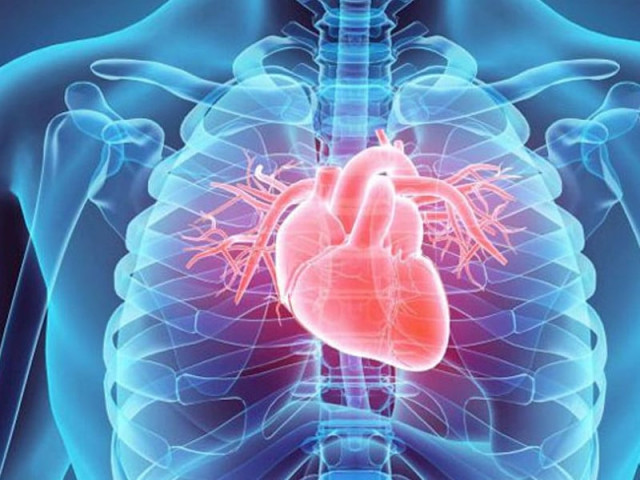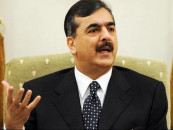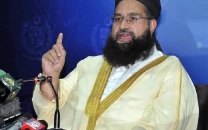Vascular surgeons shortage threatens limb-saving care
Medical experts urge govt to invest in developing vascular surgery field

The metropolitan city is facing a debilitating shortage of vascular surgeons, jeopardising timely medical care for those requiring urgent vascular intervention for traumatic injuries, The Express Tribune has learnt. Presently, only a few government-run hospitals in the metropolis have the capacity to perform specialised vascular procedures, and many victims of traffic accidents or industrial mishaps are at risk of amputation due to delayed treatment.
According to hospital officials and medical experts, two vascular surgeons are available at the Civil Hospital Trauma Centre and JPMC each, while Dow University of Health Sciences and the National Medical Centre each have only one specialist. Abbasi Shaheed Hospital, the third largest public hospital in Karachi, has no vascular surgery department altogether, despite regularly handling road traffic accident cases in its emergency department.
JPMC's Executive Director Dr Shahid Rasool told The Express Tribune that over 300 trauma cases are reported daily at the hospital's emergency department, with 15 to 20 of these patients at high risk of limb loss due to arterial damage. Although a vascular surgery unit has recently been set up at JPMC and is staffed around the clock, Dr Rasool said that the current number of specialists is insufficient to manage the patient load effectively.
Vascular surgeons play a critical role in trauma centres, where rapid intervention can mean the difference between saving and amputating a limb. However, public hospitals in the metropolis are struggling to attract young medics to this super-specialty. The lengthy and demanding training - requiring dual Fellowships of the College of Physicians and Surgeons (FCPS) in general surgery and vascular surgery - is often a deterrent. Moreover, there is limited awareness and inadequate training infrastructure to support professional development in this field.
Speaking to The Express Tribune, Dr Fahad Memon, a vascular surgeon at the Civil Hospital Trauma Centre spoke about the wide scope of vascular surgery, which includes not only open surgical procedures but also minimally invasive endovascular treatments.
"Every day we handle cases involving dialysis fistula creation or repair, diabetic foot ulcers, leg bypasses, angioplasty, carotid artery disease, varicose veins, and vascular tumors," he said. "These are time-sensitive conditions, and delays can result in irreversible damage or amputation."
While these procedures can cost anywhere between Rs800,000 to Rs2.5 million in private hospitals, government institutions provide such treatments free of cost. However, due to the lack of specialists and infrastructure, many patients are forced to seek expensive private care or face the loss of limbs.
Currently, the number of qualified vascular surgeons remains low. The Aga Khan University Hospital has three to four specialists, Civil Hospital has two, and Dow University and NMC have one each. Among the senior vascular surgeons, Dr Zaid Sufi and Dr Iram are considered among the most experienced in the field. Most other practitioners are assistant professors or in early stages of their specialisation.
Medical experts have urged the government to invest in developing the field of vascular surgery. They stress the need for expanding vascular departments in major trauma centres, particularly at institutions like Abbasi Shaheed Hospital, and for creating structured training programs and mentorship opportunities to attract young doctors.




















COMMENTS
Comments are moderated and generally will be posted if they are on-topic and not abusive.
For more information, please see our Comments FAQ